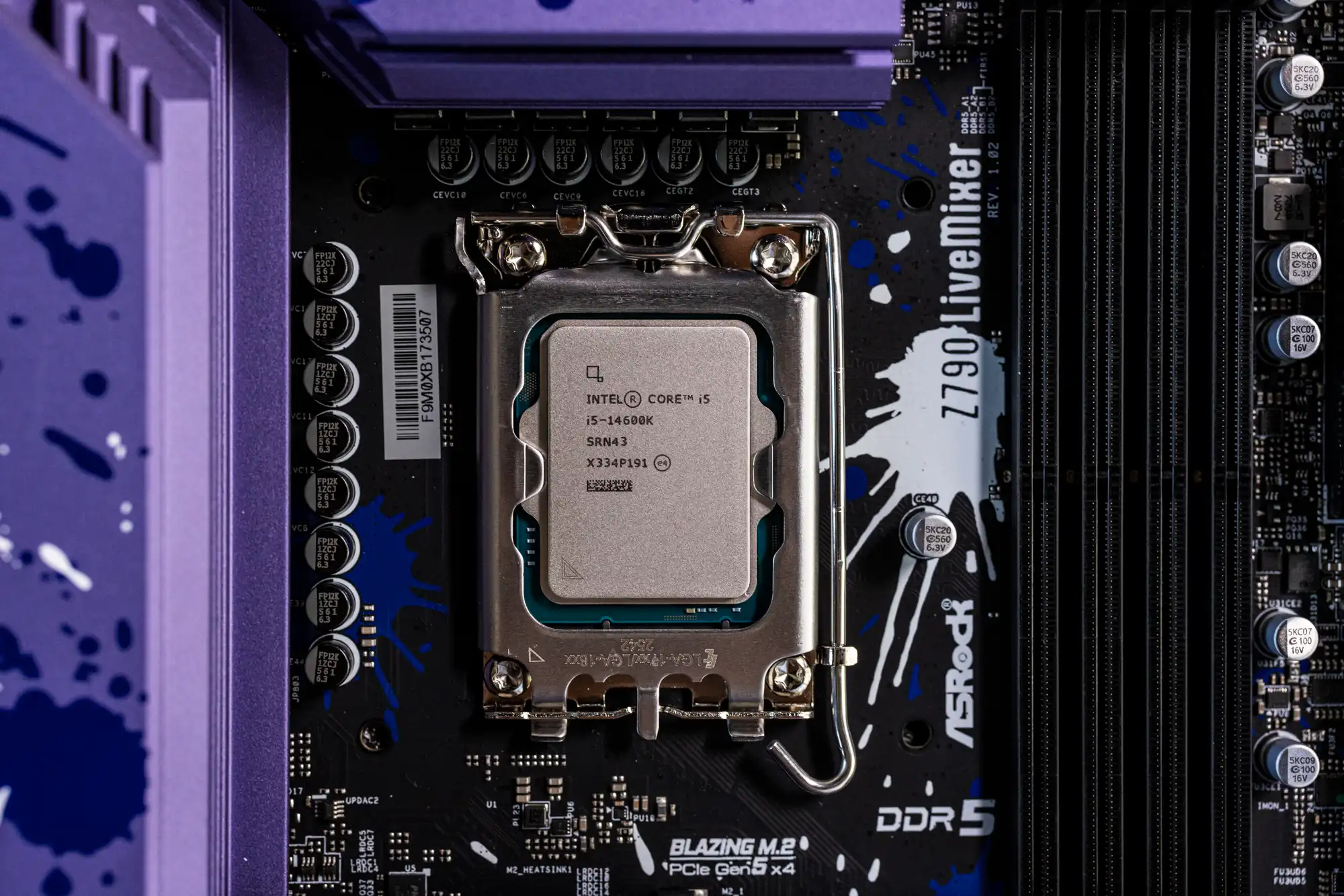CPUs can lose performance over time, eventually biting the dust. But is it really something you should worry about? Dr. Ian Cutress joins us on YouTube to hash it out.
So you just dropped four figures on your newest desktop upgrade and a big chunk of that was the latest and greatest in screaming multi-core processors. But how long will it last…and will overclocking your CPU bring about that fateful day when it starts pining for the fjords? Dr. Ian Cutress, also known as TechTechPotato, joins us on the PCWorld YouTube channel to talk it out.
According to Ian, CPU degradation is a thing…in the same way that the wind blows. Modern processors are so phenomenally complex that, just like a new car, even seemingly identical ones might behave differently. This is a concept known as the “silicon lottery,” and everyone’s desperately hoping that they don’t get a lemon. Even CPU manufacturers use the lottery system — particularly high-performing chips might get a higher speed setting from the factory like Intel’s latest Core i9-14900KS.
And to boil down a complex topic to a simple answer, yes, overclocking your CPU will shorten its life. But just like smoking takes years off the end of your life, intensifying your use of a processor reduces its overall lifespan. But that lifespan is typically far longer than anyone actually plans to use their PC. It’s not so literally vital a thing as, you know, your lungs.
And the level of overclocking done by most users, even gamers or media producers pushing their systems for a little extra juice, isn’t enough to seriously hamper the lifespan of a high-end CPU. The rest of the users out there just don’t need to think about it, except in those rare cases where a CPU is actually failing. “If you’re not overclocking, don’t worry about it,” says Dr. Cutress.




